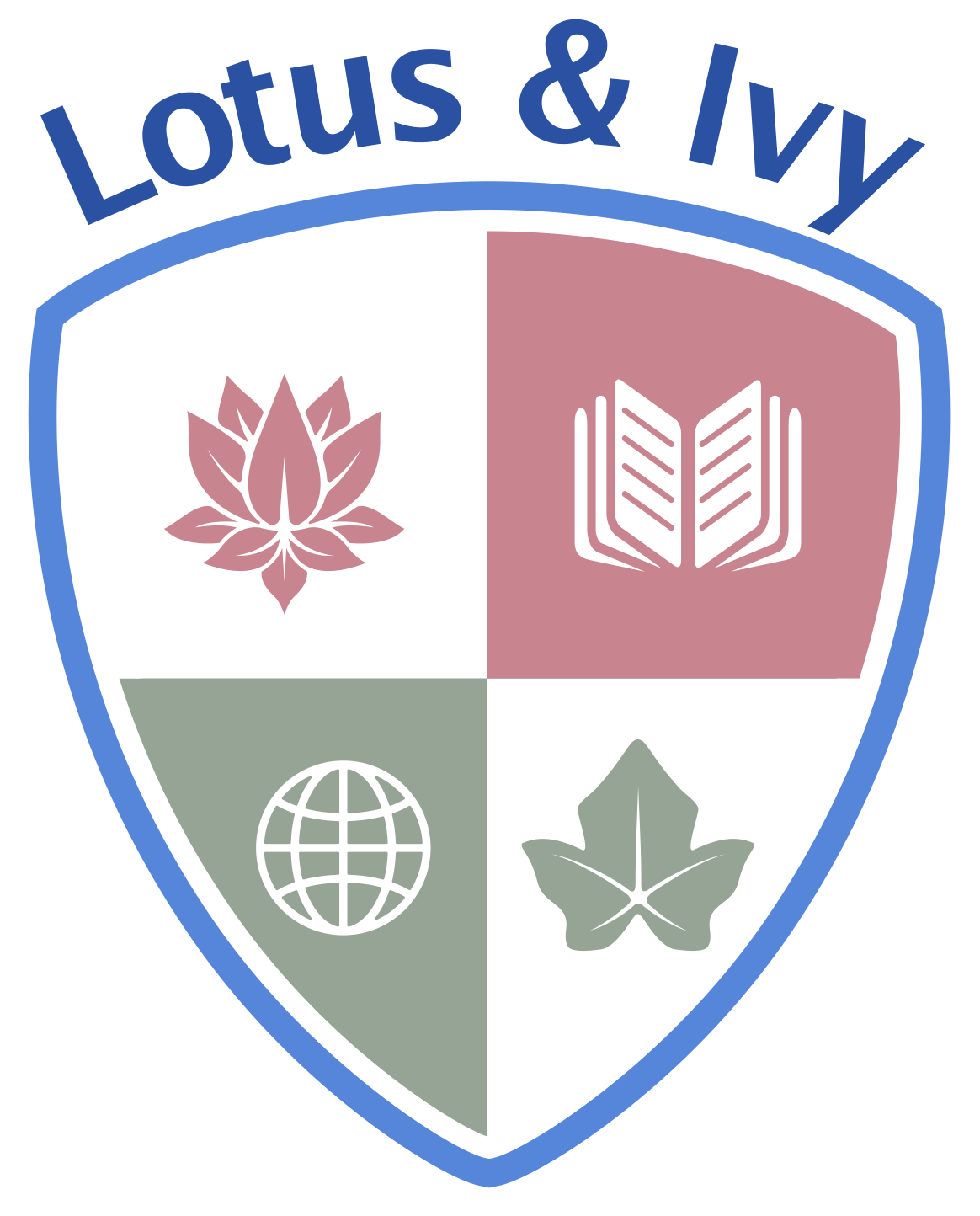Class 9 Language Arts with Ms. Nicholson
Our Class 9 Language Arts classes are live, interactive and meet one per week with the teacher. Students are invited to interact with the teacher and ask questions as part of class time.
Students will continue to improve their writing craft and deepen their understanding of more complex poetry and prose. They will do reading comprehension based on a wide variety of sources. They will keep reviewing grammar to perfect longer essays.
First semester: The History of Drama
The nature and roots of Drama; the Greek Mystery Centers: dramatic re-enactments of the myths; Aeschylus, Sophocles, Euripides, Aristophanes; the amphitheater and the birth of the performing arts; the power of the Chorus in early dramas; the ‘unities’ of time, place and action.
Roman Drama: the birth of formulaic comedy and ‘stock’ characters; Medieval Drama: the rebirth of Miracle and Mystery Drama around the cathedrals; Henry VIII’s independence from the Catholic Church and the ascendancy of the English language; the physical and social structure of the London theaters; the life of William Shakespeare.
Shakespeare’s Histories: fathers and sons in Henry IV Parts 1 and 2; Shakespeare’s Comedies: twins and namesakes in Twelfth Night; blank verse and rhyming couplets; Shakespeare’s tragedies: Macbeth.
Shakespeare’s last plays: The Tempest; Modern Drama: the changing nature of theater architecture and design and its effect on how plays were written; Ibsen, Strindberg and Chekhov; the Stage and the Screen, Thornton Wilder.
The students will take notes based on teacher presentations on all of the above topics. They will write essays on the Roots of Drama and Shakespeare’s Plays, a Glossary of Greek Drama and write a descriptive piece as if they were living in Elizabethan London and visiting the Globe Theater for the first time. They will draw diagrams showing the development of the Ancient Greek Amphitheater and a Timeline of Western Drama. They will also draw a picture of Shakespeare’s Globe Theater. They will read and watch scenes from Aeschylus’ Agamemnon, Sophocles’ Theban trilogy, and Euripides’ The Bacchae. They will also read and discuss scenes from Callimachus (Hroswitha), Henry IV parts 1 and 2, Twelfth Night, Macbeth, The Tempest, (all by Shakespeare) A Doll’s House (Ibsen) and Our Town (Thornton Wilder).
Second Semester: The Novel - Moby Dick
The precursors to the novel - the epic, drama, and lyric poetry - and the development and elements of the novel. Characters in Moby Dick: Ishmael and Queequeg; first impressions of Captain Ahab, Starbuck, Stubb, and Flask. Language: epic and lyrical passages and a chapter written in the form of a scene from a play. Examine characters, symbols and themes: fate and freewill; the exploitative nature of whaling; surfaces and depths.
The students will make notes on characters, language, themes and style as they read the novel and also look up and share new vocabulary. They will do a presentation on the opening paragraph of a novel they have read and enjoyed and comment on stylistic features that draw the reader in. They will draw portraits of Queequeg and Captain Ahab and draw a picture of a whaling ship and a diagram of its interior. They will draw a map showing the route of the Pequod and of Melville’s journeys around the world. They will write essays on the novel and its precursors, the relationship between Ismael and Queequeg, and a character study of Captain Ahab. They will write a short analysis of a passage they particularly enjoyed, commenting on its epic, lyrical or dramatic features. They will write a short lyrical piece about the experience of feeling one with nature, inspired by Ishmael’s reflections on the sea and emulating Melville’s style. They will also write a short extra scene using the conventions of drama, which will be based on the characters and plot of Moby Dick, and which will include vocabulary appropriate to the characters. There will be weekly vocabulary extension exercises and, for students who request it, spelling practice.
Supplies needed:
‘Our Town’ by Thornton Wilder
‘Moby Dick’ by Herman Melville, third Norton Critical edition.
Good quality color pencils
Main lesson book or drawing paper.
Class 9 English spelling, grammar/punctuation: The main goal of this work is to help the students deepen their understanding of the rules of the English language, as well as to gain comfort in and develop their own voice as writers.
Spelling
Individual spelling/vocabulary extension.
Punctuation
Revision of punctuation as necessary .
Grammar
Revision of aspects of grammar as necessary.
Homework
Homework is provided to do outside of class. Class 9 students can expect to spend 2-3 hours outside of humanities class on humanities homework. Homework includes reading, writing, and other assignments. Assignments are given and graded in Class 9.
Please contact us if you have questions.
